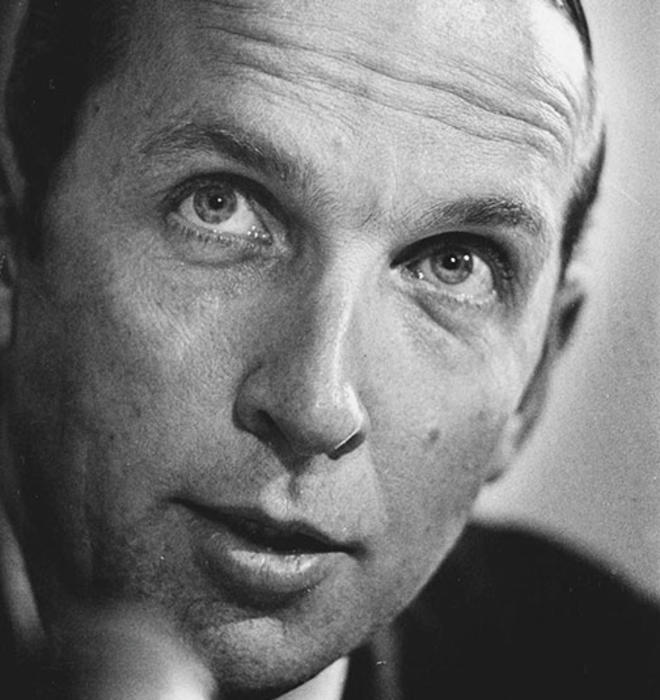
In the summer of 1976, West Point was rocked by a cheating scandal, with 149 cadets dismissed for sharing answers on a take-home exam. Secretary of the Army Marty Hoffmann ’54 faced what he called “a very attenuated, hypersensitive situation,” with West Point brass wanting to expel the students and key members of Congress demanding they be reinstated.
Hoffmann devised a solution, which he said offered the cheaters “a degree of deference”: They could apply for readmission. Hoffmann wasn’t afraid to stand up to West Point, offering what he called “constructive criticism” of its inconsistent and sometimes unfair handling of the honor code. He also insisted that the cadets not be admitted right away, but instead face a one-year “period of reflection.”
In the end, 93 of the dismissed cadets returned to the academy. The chairman of West Point’s Board of Visitors praised Hoffmann’s “reasonable, prudent approach to a hell of a difficult problem.”
That summer was one of the most challenging moments in Hoffmann’s varied career in public service and as a leading corporate lawyer. “We talked a lot about the West Point honor code,” recalls his daughter Cecil Slye ’84. “It broke his heart in some way that he had to administer a breach of honor.”
As the civilian head of the Army under President Gerald R. Ford, Hoffmann helped to lead the transition to an all-volunteer force. Always interested in soldiers’ well-being, he was especially concerned that African American troops not be placed disproportionately in combat roles. He advocated tirelessly for fighting men and women; his final push, near the end of his life, was for the Army to use hyperbaric oxygen in the treatment of traumatic brain injuries.
Hoffmann’s boss in the post-Vietnam years was Defense Secretary Donald Rumsfeld ’54, his friend from Cap and Gown Club at Princeton. Rumsfeld summoned Hoffmann back to the Pentagon in 2000, eventually assigning him work on the redevelopment of Afghanistan.
“My dad was an optimist,” Slye says, remembering his concern for mentoring and the way he found “hope and energy in the younger generation.” She notes his unrelenting drive, and says “alacrity” was a favorite word.
“He didn’t like to sit still,” she recalls. Vacations were filled with history lessons, weekends with splitting mountains of firewood: “We never lacked for a sense of purpose and adventure.” Hoffmann constantly quoted poetry he remembered from English classes at Princeton, startling Slye by suddenly reciting John Donne as he walked her down the aisle at her wedding. He also loved storytelling, which Slye credits for her career as an actress.
Rumsfeld remembers his friend of 64 years habitually arriving at the airport in the nick of time — to get there early would mean wasted minutes — and, in his younger years, “driving a motorcycle probably a little too fast. Marty loved life.”
W. Barksdale Maynard ’88 is the author of Princeton: America’s Campus and the newly published The Brandywine: An Intimate Portrait.






No responses yet